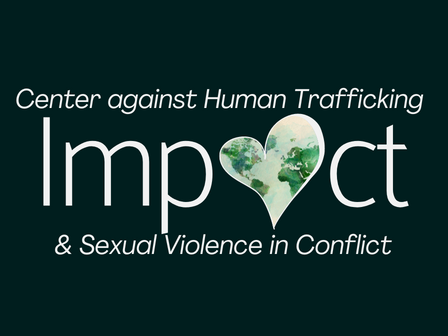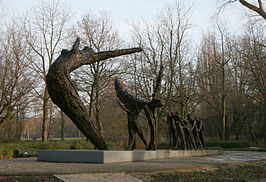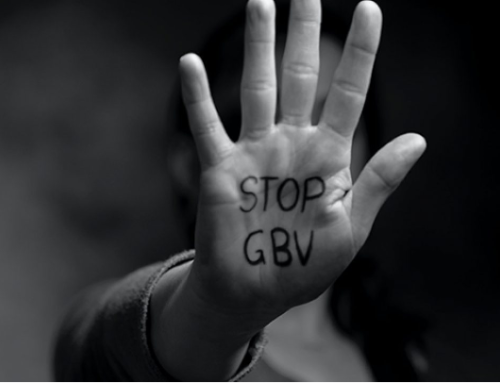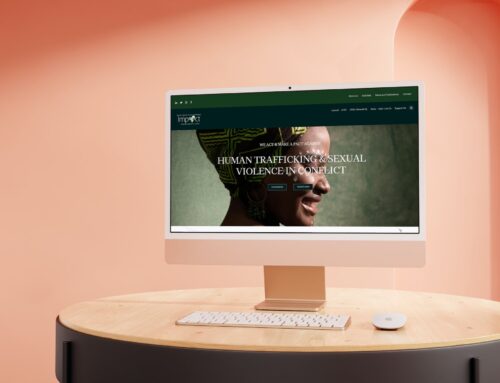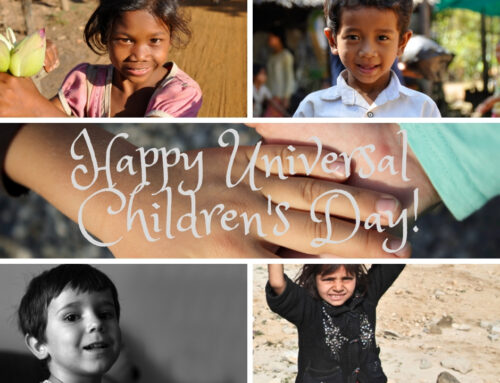Two wrongdoings that need recognition in their own right
Dr. Eefje de Volder
Today on the International day of Remembrance of the Victims of Slavery and the Trans-Atlantic Slave Trade we look back at a dark period in our history, where between the 15th and the 19th century more than 18 million people were forcefully removed from Africa to the Americans (including the Caribbean and Europe). it was legally permitted to treat them as commodities, as less than human, as exploitable items at a large scale, that resulted in flourishing economies in the countries involved in the slave trade.[i]
Back then, the idea of slavery was not new. In fact, slavery has been practiced all over the world for thousands of years long before the colonial slave trade. Slavery was even a common part of life in Africa, where slaves were treated relatively well. They could marry, gain an education, and interact in everyday society. Colonial slavery, on the other hand, stripped people from their rights. In general, the distinguishing feature of slavery is widely held to be that it treats human beings as property.[ii]
It is common nowadays in the anti-trafficking field (either in campaigns or in policy) to link colonial slavery with human trafficking by reference to modern slavery. For example, in 2008, the head of the UN Office on Drugs and Crime opened the United Nations Conference on Trafficking in Vienna, by stating: ‘Two hundred years after the end of the Trans-Atlantic slave trade, we have the obligation to fight a crime that has no place in the twenty-first century. Let’s call it what it is: modern slavery’ (BBC News 2008a).[iii] Also the UK has coined its anti-trafficking law as the Modern Slavery Act. Strikingly, colonial powers who have been painstakingly slow in fully recognizing colonial slavery, refusing to officially apologize out of fear of compensation claims, are now at the forefront of fighting ‘modern slavery’.
Yet, without sufficient recognition and awareness of what colonial slavery was about and how it has been different from modern forms of enslavement, these correlations can do more damage than good. It takes away recognition of the particular damage and trauma inflicted on the victims of colonial slavery, damage that has transcended in future generations (intergenerational trauma).
There are several reasons why human trafficking and colonial slavery should not be equated or considered in the same vain:
– Legality issue: Colonial slavery was legal during the period of the transatlantic slave trade and until its gradual abolishment, while human trafficking is illegal.
– Definition issue: in definition, equating human trafficking with modern slavery (in the extension of colonial slavery/slave trade) is false, as it does not cover all the situations that can be considered as human trafficking. Slavery is only one of the possible outcomes of ‘trafficking’ listed in the UN Trafficking Protocol (‘Exploitation shall include, at a minimum, the exploitation of the prostitution of others or other forms of sexual exploitation, forced labour or services, slavery or practices similar to slavery, servitude or the removal of organs’). Further, a person does not have to be held in ‘slavery’ (whatever that may be) to qualify as a victim of trafficking, but they do have to have been taken ‘for purposes of exploitation’. The exploitation does not have to be taken place, the simple intent to exploitation is sufficient for a situation to be qualified as human trafficking (although in court this turns out to be difficult to substantiate with adequate proof).
– Ownership issue: Colonial slavery in most cases entailed legal ownership of people, which is not the case with human trafficking. Because of the illegality of human trafficking, legal ownership is not possible (although some situations may result in factual ownership)
– Visibility and prejudices issue: Because of its legality, colonial slavery was out in the open and accepted by society, resulting in all sorts of prejudices about people of colour that became normalized and as a result continue to persist in the minds of some today. Human trafficking on the other hand is illegal and therefore less visible. For example, many people do not even know that trafficking in the Netherlands exists.
– Racial ideas issue: Colonial slavery was justified based on racial ideas about Africans and the supremacy of the white race/subordination of Africans. In modern slavery colour and ethnicity play less a role, it rather focuses on weakness, multiple dependency and deprivation.
– Compensation issue: The (il)legality issue has vast consequences for victims and their rights to compensation. While human trafficking victims by law have a right to compensation, victims of colonial slavery never had such a right. In fact, at the time of the abolition of the slave trade, it has been slave owners who have been compensated for their loss, not the enslaved people.[iv]
Recognition and awareness about colonial slavery and modern forms of enslavement (human trafficking) can go hand in hand. We can raise awareness and educate about past colonial slavery while at the same time showing that still people are kept in slavery like circumstances. But we should also merit the categories in their own right, in full recognition of the damage and wrongdoings inflicted on those who have fallen victim of it and their relatives.
[i] https://www.un.org/en/events/slaveryremembranceday/memorial.shtml
[ii] (‘the status or conditions of a person over whom any or all of the powers attaching to the right of ownership are exercised’ League of Nations).
[iii] https://glc.yale.edu/sites/default/files/pdf/new_slavery_old_binaries.pdf
[iv] https://www.theguardian.comcommentisfree/2015/jul/15/britain-slavery-owners-british-colonies-abolition
